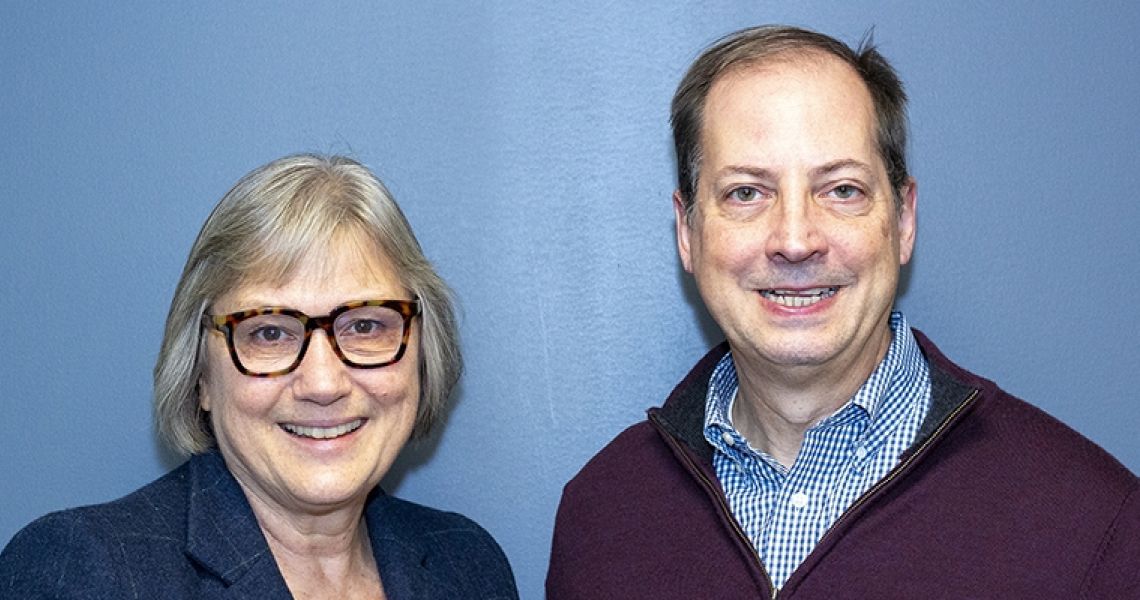Physical therapists, along with other clinical health care professionals, can take their skills to the next level with a new Doctorate of Health Sciences (DHSc) degree program at the George Washington University (GW) School of Medicine and Health Sciences (SMHS).
“This part-time degree program will elevate the practice of clinical health professionals working in practice and education environments,” said Joyce Maring, EdD, DPT, associate professor and chair of the Department of Health, Human Function, and Rehabilitation Sciences at SMHS. “Graduates are trained to address current problems in health care and health professions education through an action-oriented curriculum and a series of research seminars.”
The program curriculum, which is based almost entirely online, offers two tracks: Clinical Practice Leadership and Educational Practice Leadership. For practicing physical therapists, these tracks provide advanced skills and necessary credentialing to those interested in pursuing careers either as leaders within the clinic or as educators within accredited Doctor of Physical Therapy programs.
Not only does the DHSc program prepare its graduates for leadership in both an academic and clinical setting, it also emphasizes authentic learning opportunities and interprofessional collaboration. “We believe that effective collaboration, which allows professionals to bring their respective strengths and skills together to solve critical problems, is essential to both clinical practice and education,” noted Maring.
David Scalzitti, PT, PhD, assistant professor of health, human function, and rehabilitation sciences at SMHS, is excited about contributing to the new program. “I’m happy to share my knowledge and passion regarding research to help actively practicing health care professionals integrate their clinical experience with evidence,” Scalzitti said. He said he will use his experience with research design and analysis to guide students through completion of their final product in the form of a peer-reviewed and publication-ready manuscript.
Maring is looking forward to the program’s first cohort of students. “This program gives participants an opportunity to apply what they are learning to practical scenarios within their own context and professional working environments,” she said, “and it is meeting a critical need for the advanced training of health professionals.”
